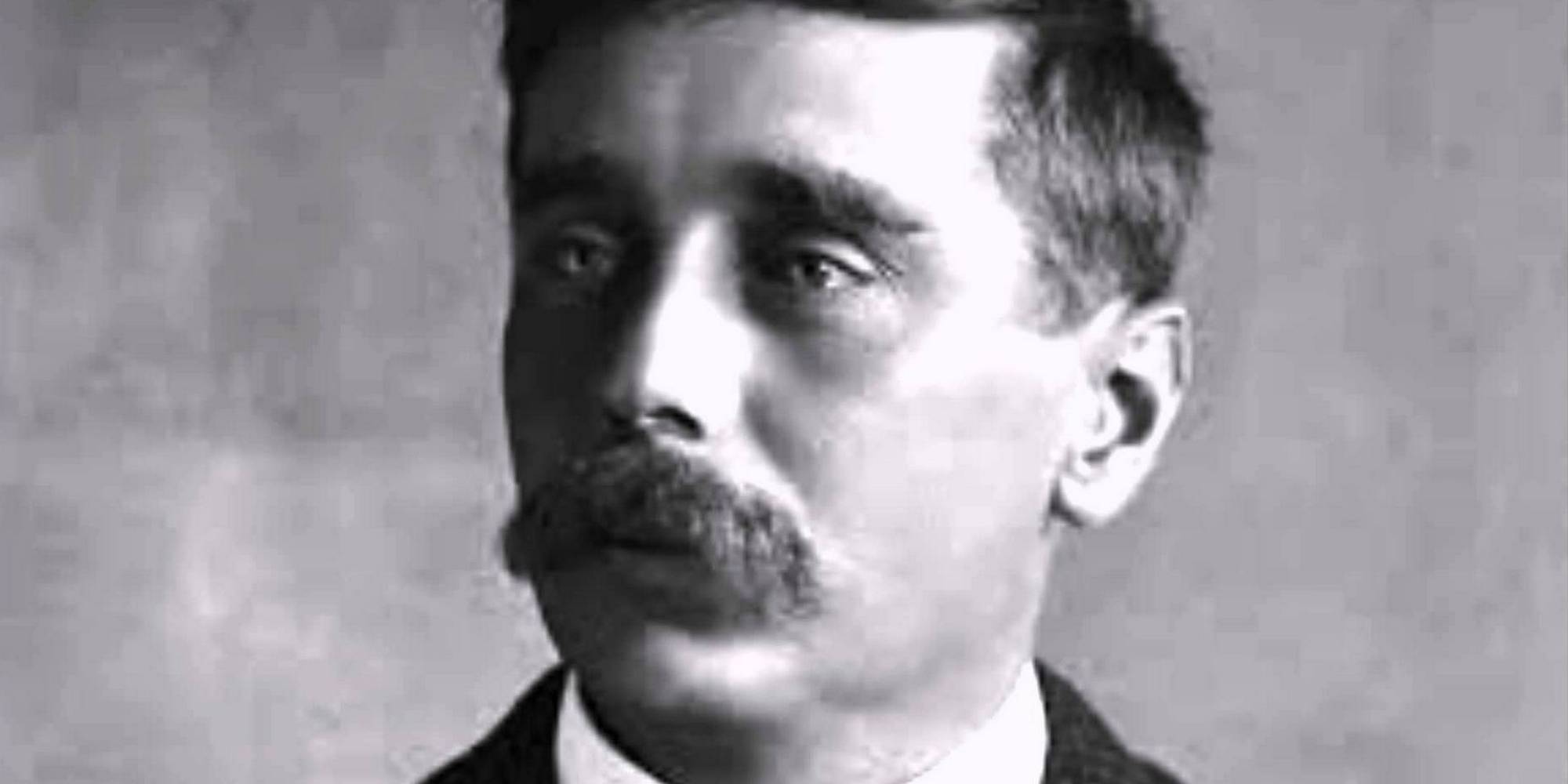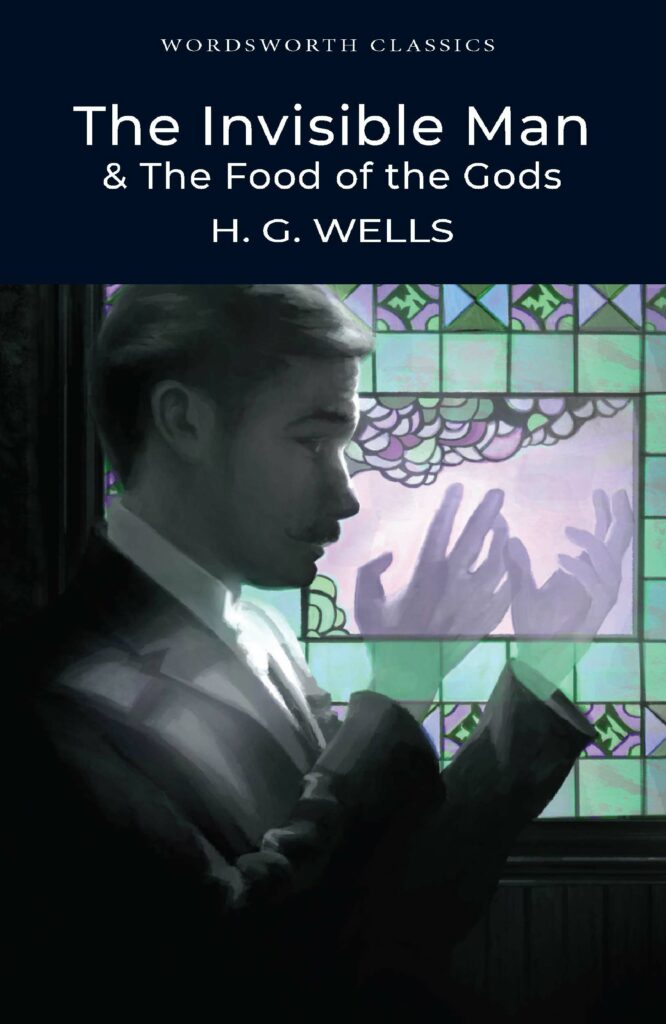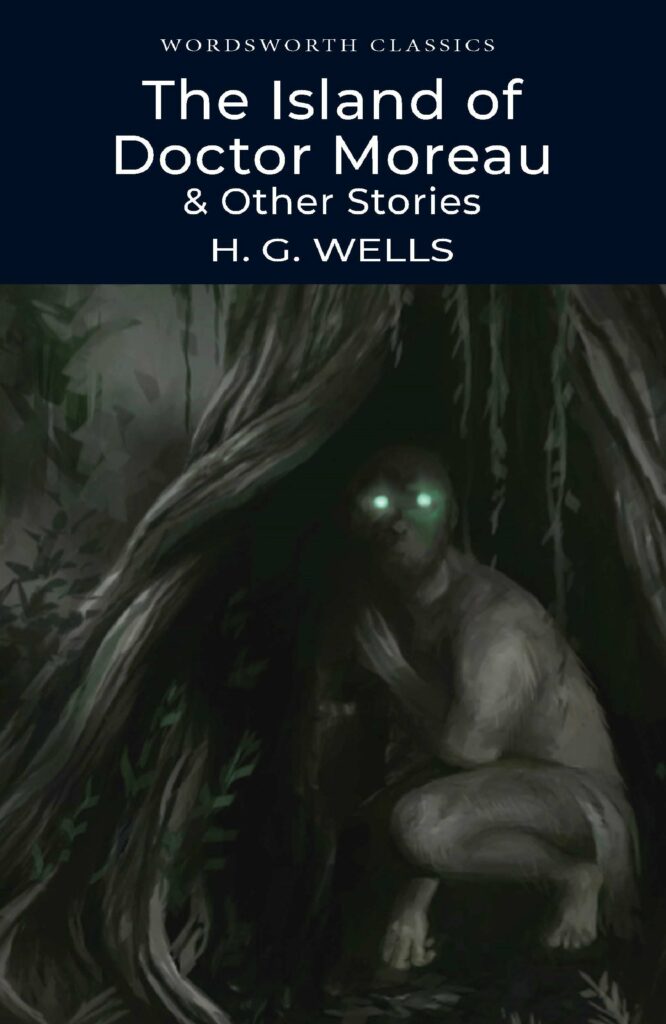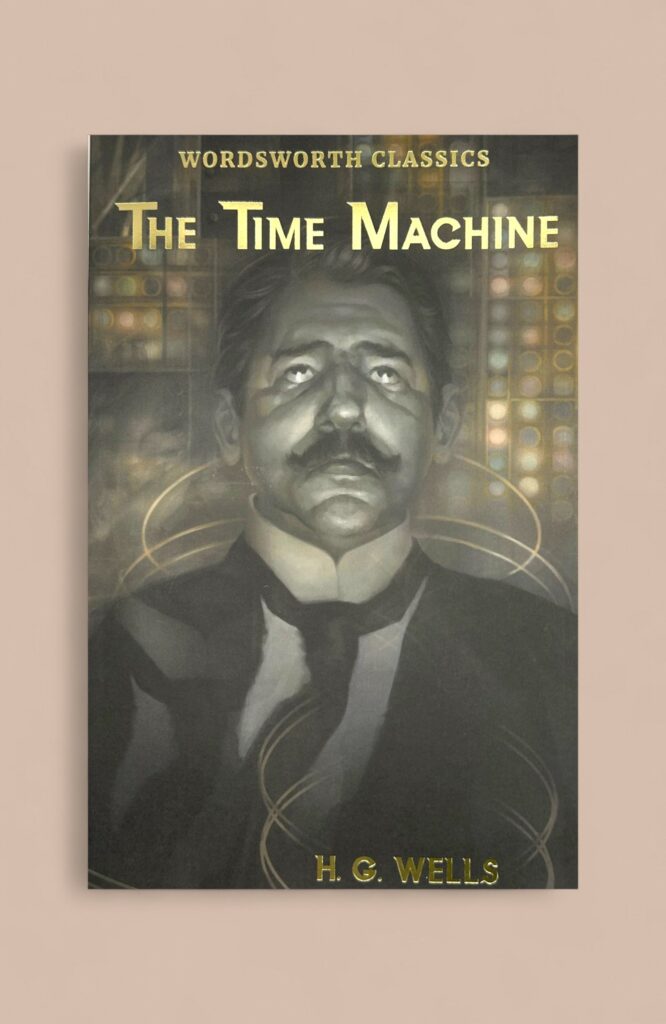
H.G Wells: Everything you ever wanted to know
Durham University’s Professor Simon James take us through the great author’s life and works.
We’ve commissioned a special series of blogs to mark the upcoming release of our H.G. Wells collection on January 1st 2017 – To kick things off, Durham University’s Professor Simon J James looks back at the great author’s life and works…
Herbert George Wells, known as ‘Bertie’ or ‘H. G.’ was born on 21 September 1866 in Atlas House, on the High Street of what was then the Kentish market town of Bromley. His father Joseph, a former gardener, kept a shop and played professional cricket; after his father broke his leg when Wells was ten, Wells’ mother Sarah returned to domestic service at the country house Uppark, near Midhurst, in Sussex.
Wells’ elder brothers had both been apprenticed to drapers, a trade that Sarah Wells considered to be highly respectable. Wells was apprenticed to drapers in Windsor and Southsea but was much keener to continue to be educated, and he persuaded his mother to let him become a pupil-teacher at Midhurst Grammar School. Wells’s exam results at Midhurst were so strong that he won a scholarship aimed at increasing the number of science teachers in Britain at the Normal School (now Imperial College London), under ‘Darwin’s bulldog’, the biologist T. H. Huxley. Wells drew extensively on his experiences as a student for his 1900 novel Love and Mr Lewisham. Ill-fed, poor and increasingly discontented by both the quality of the teaching he received and the social organization of the world, Wells became more and more interested in politics and in imaginative literature, especially Plato, Blake and Carlyle. He also began writing, providing articles and ‘The Chronic Argonauts’, a time travel story, for the college magazine the Science Schools Journal.
Wells failed his final exams and found work as a teacher in Wales. After being fouled in a rugby game, he suffered severe kidney damage, and for much of the 1890s Wells feared he would die prematurely. Returning to London and completing his degree, he worked as a correspondence tutor and in 1893 wrote his first books Honours Physiography and A Textbook of Biology. His writing branched out into literary journalism and popular scientific writing, and in 1895 alone Wells published four further books: Select Conversations with an Uncle, The Wonderful Visit, The Stolen Bacillus and other Incidents and his masterpiece The Time Machine. This first ‘scientific romance’ was swiftly followed by The Island of Doctor Moreau (1896), The Invisible Man (1897) and The War of the Worlds (1898). None has ever been out of print since; Wells was swiftly hailed as a man of genius by his contemporaries. Both sociable and irascible, Wells became friends and fell out with, other writers such as George Gissing, Joseph Conrad, Steven Crane, George Bernard Shaw, Arnold Bennett, Ford Madox Ford and Henry James, whom Wells would later cruelly lampoon in his 1915 novel Boon, the climax of a long disagreement between the two writers about the purpose and nature of the novel.
Wells never wanted to be limited to writing scientific romances, and during this period he also wrote realistic prose fiction set in a recognizable real world, whose disorganization and unfairness these novels sought to diagnose: The Wheels of Chance (1896), Kipps (1905), Tono-Bungay, Ann Veronica (both 1909) and The History of Mr Polly (1910). Wells’ early twentieth-century science fiction such as The Food of the Gods (1905) and In the Days of the Comet (1906) increasingly showed a vision of the world as Wells would want to order it. His political and utopian writing from Anticipations of the Reactions of Mechanical and Scientific Progress upon Human Life and Thought (1901) and A Modern Utopia (1905) also demonstrated Wells’ commitment to creating a utopian government, a World State that would ensure that mankind would never go to war.
Following the First World War, Wells’ passion for this project intensified, and he embarked on an ambitious collaborative project to write the first history of the world, hoping that if future generations were better educated, then rivalries between nations would be unnecessary, and world government would follow. The Outline of History (1919) was Wells’ best-selling book in his own lifetime, selling millions of copies internationally, and was followed by the school version A Short History of the World (1922) and by equivalents for science The Science of Life (1930) and social science The Work, Wealth and Happiness of Mankind (1931). At its height, Wells’ fame was as much as a thinker and public intellectual as a novelist. He met or corresponded with the greatest figures of the first half of the twentieth century: Winston Churchill, Lenin and Stalin, Theodore and Franklin Roosevelt, Albert Einstein and Sigmund Freud. His later novels from The New Machiavelli (1911) onward tend to be more overtly engaged with Wells’ ‘Open Conspiracy’ to convert his readership to his own political point of view, often at a cost to these books’ literary merit and the subsequent afterlife.
Wells had married his cousin Isabel in 1891, but the couple proved incompatible and he left her for his pupil Amy Catherine Robbins whom he rechristened ‘Jane’. In spite of Wells’ many infidelities, which Jane seemed prepared to tolerate, the couple were happily married until Jane’s death from cancer in 1928; and they had two sons, Gip and Frank. An affair with the writer Amber Reeves produced a daughter, Anna Jane, and Wells’ long affair with novelist Rebecca West saw a further son, Anthony West. Wells also enjoyed liaisons with, amongst others, Dorothy Richardson, Elizabeth von Arnim, Margaret Sanger and, following Jane’s death, Odette Keun and Moura Budberg.
Wells’ writing was prophetic in both senses of the term: exhorting humankind to mend its ways, and foreseeing the future. His writing imagined before they existed the aeroplane, the tank, space travel, the atomic bomb and the internet. In later life, the emphasis of his political writing turned more towards the rights of the individual, and his 1940 book The Rights of Man: Or What Are We Fighting For? is a key text in the history of human rights.
Wells often despaired that his warnings were insufficiently heeded, declaring that his epitaph should be ‘God damn you, you fools – I told you so’. Nonetheless, the influence of his 150 books and pamphlets of science fiction, novels, politics, utopia, history, biography and autobiography has been enormous throughout the twentieth century and beyond.
Professor Simon J. James
Durham University
Books associated with this article

The Invisible Man & The Food of the Gods
H.G. Wells

The Island of Doctor Moreau & Other Stories
H.G. Wells

The Time Machine & Other Works
H.G. Wells
